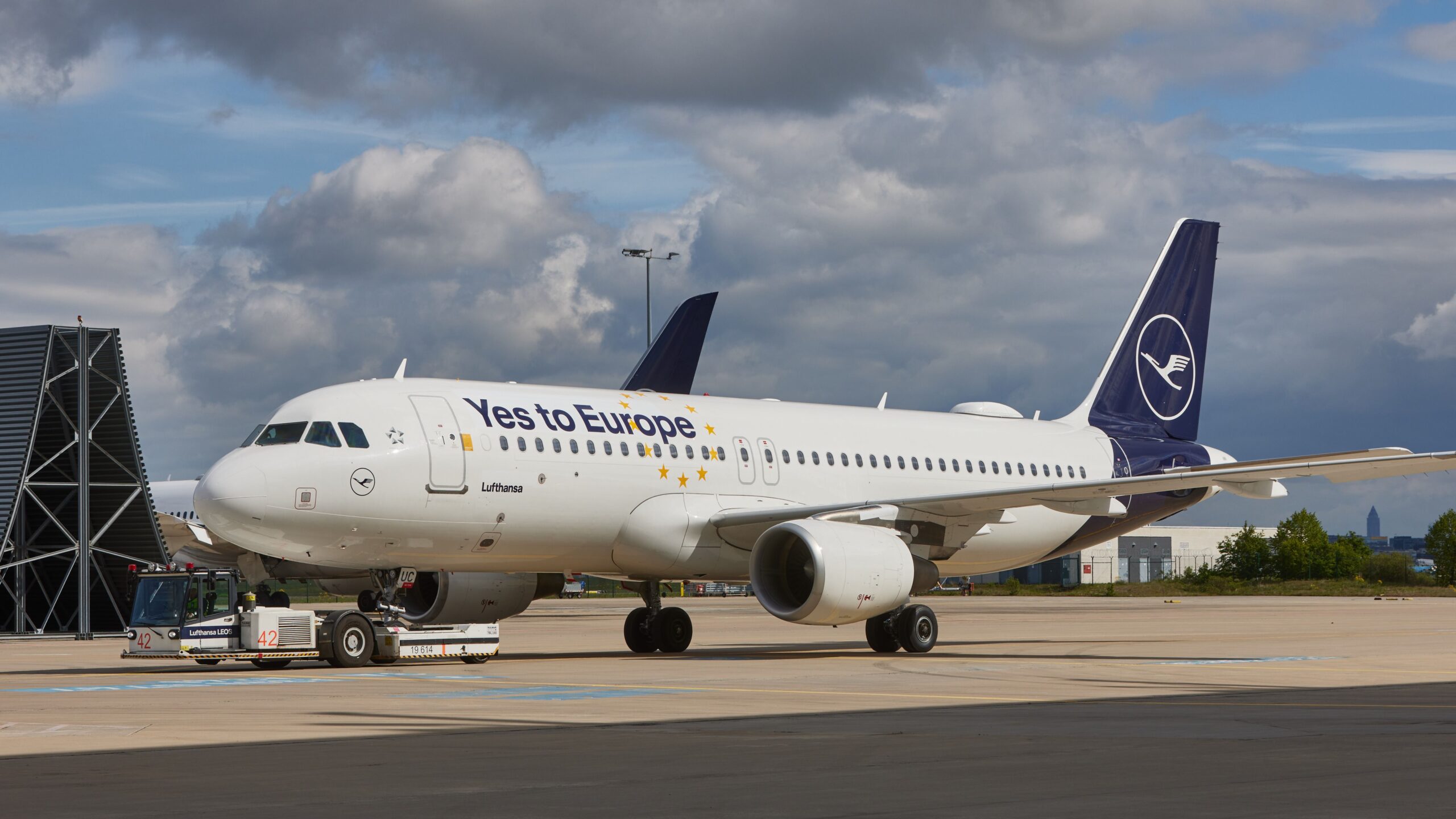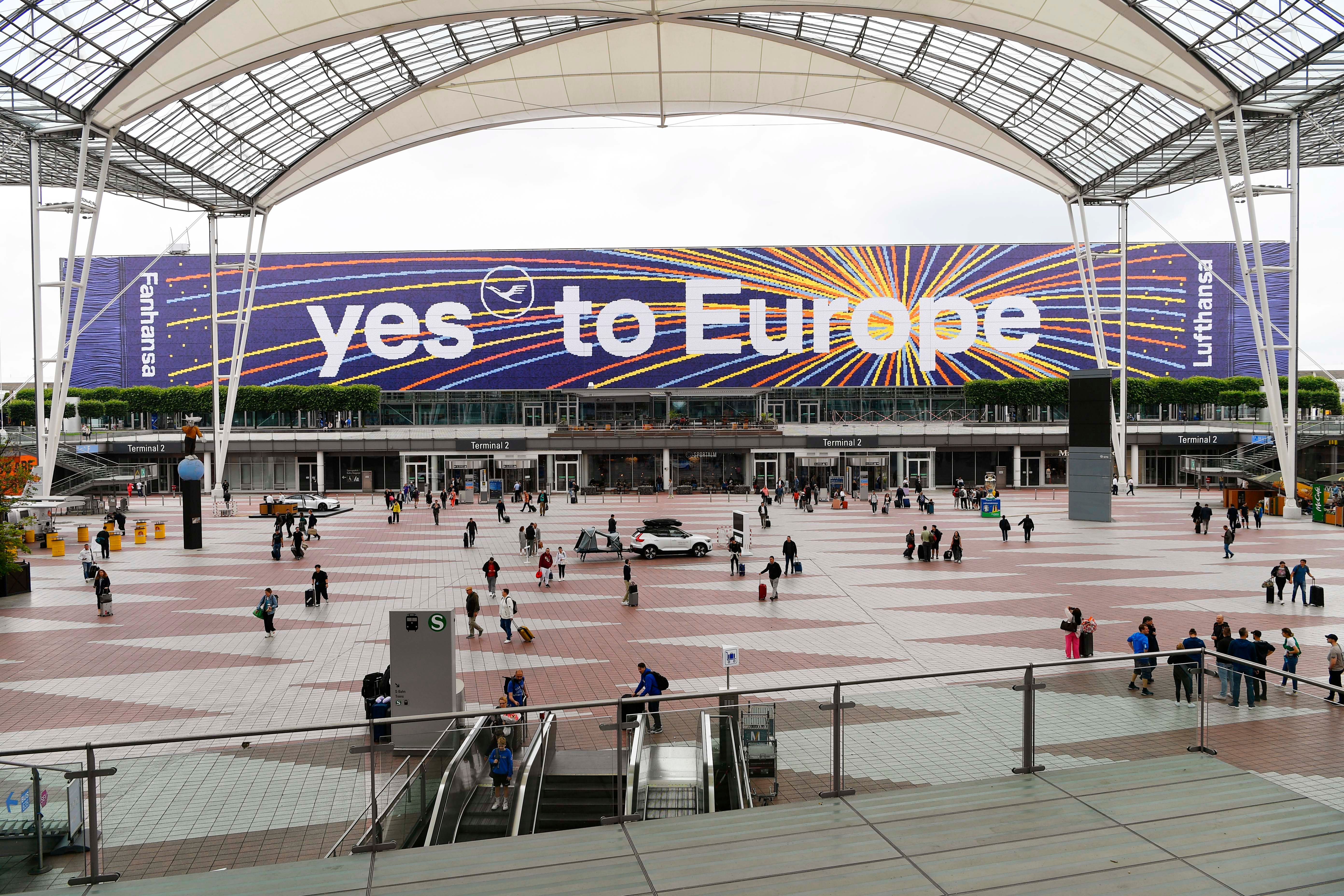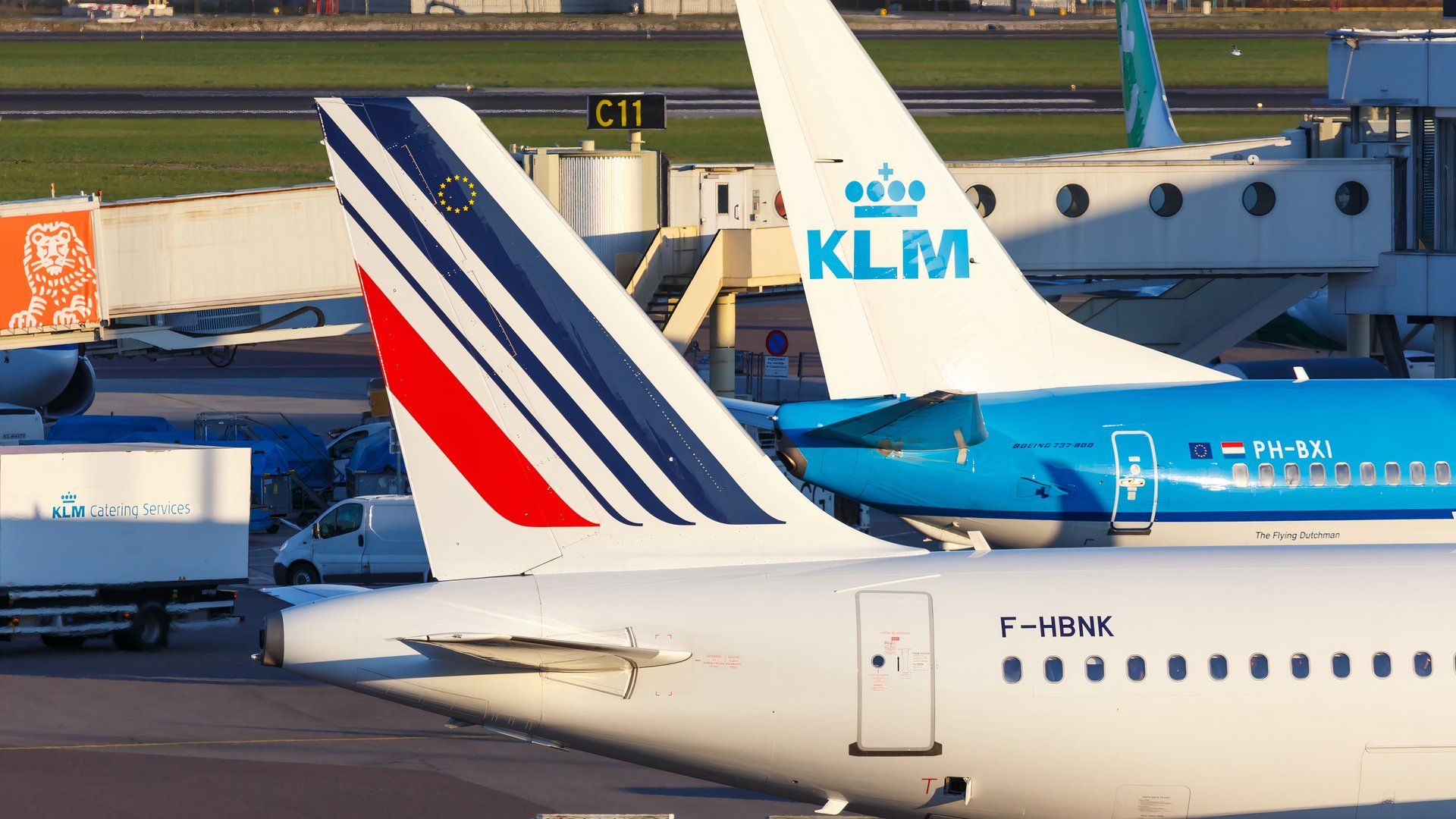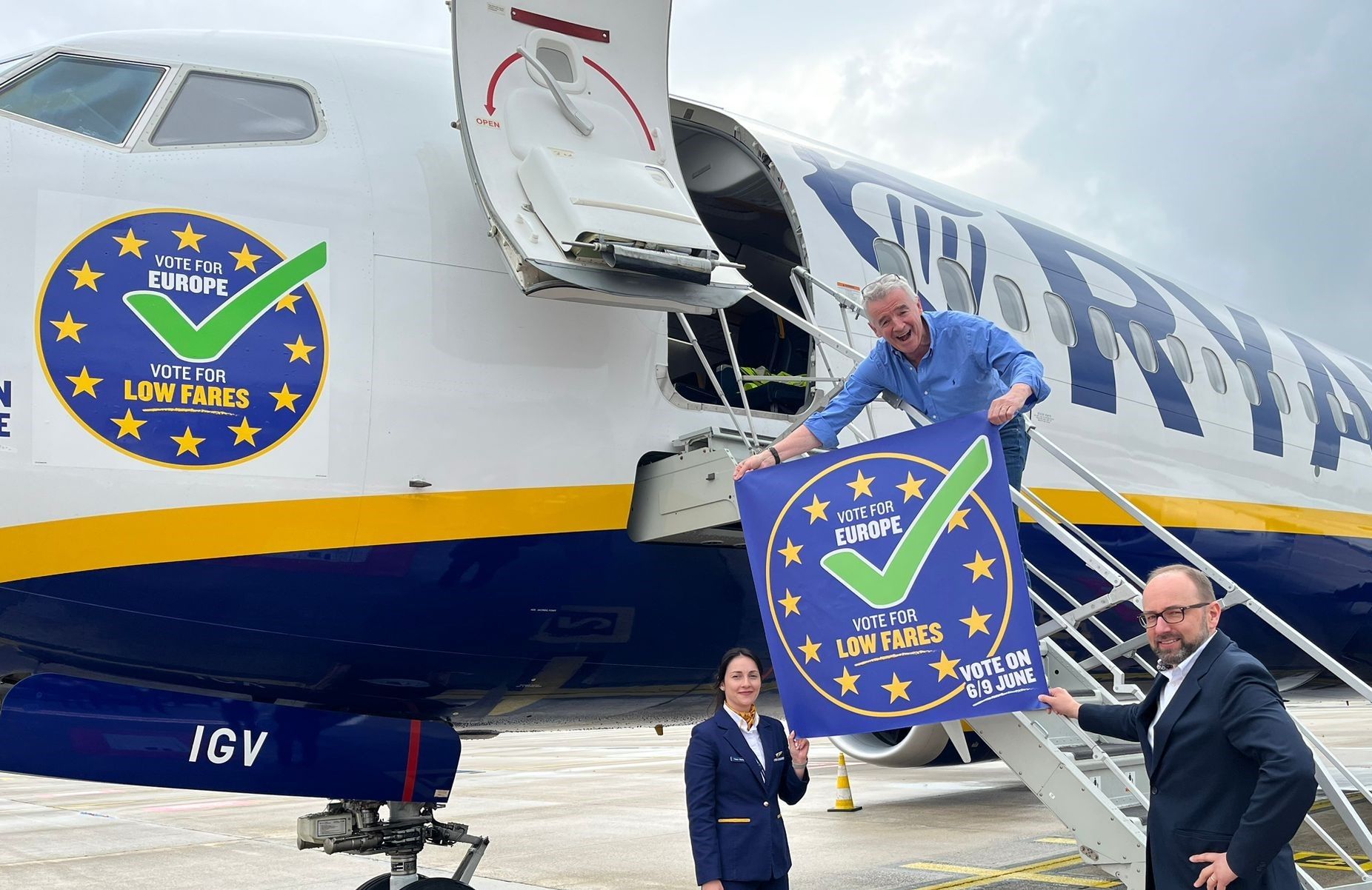Willie Walsh, the Director General of the International Air Transport Association ( IATA
), has called the European Union’s (EU) intentions to raise environmental taxes on airlines in the continent “bulls**t,” saying that this will not change the behavior of the worst polluters.
Polluter pays
Walsh’s comments came after the statements made by Wopke Hoekstra, the commissioner responsible for climate, net zero, and clean growth at the European Commission (EC), who told POLITICO that he thinks it is fair that the polluter pays principle will be applied to many of the EC’s new policies.
In response, Walsh told the publication that increasing taxes to address environmental concerns was “complete bulls**t.” The IATA executive questioned the move, saying that the money made from taxes would not help the industry reduce its environmental impact nor stop anyone from flying private jets, which, per passenger, are much worse in terms of their CO2 emissions.
Photo: Lufthansa
According to a paper published by two US-based authors, “emissions per passenger are much higher for a private jet flight as compared to a commercial flight,” while CE Delft, a Dutch environmental consultancy, also concluded that flying privately has “significantly higher emissions per passenger kilometer than other modes of transport.”
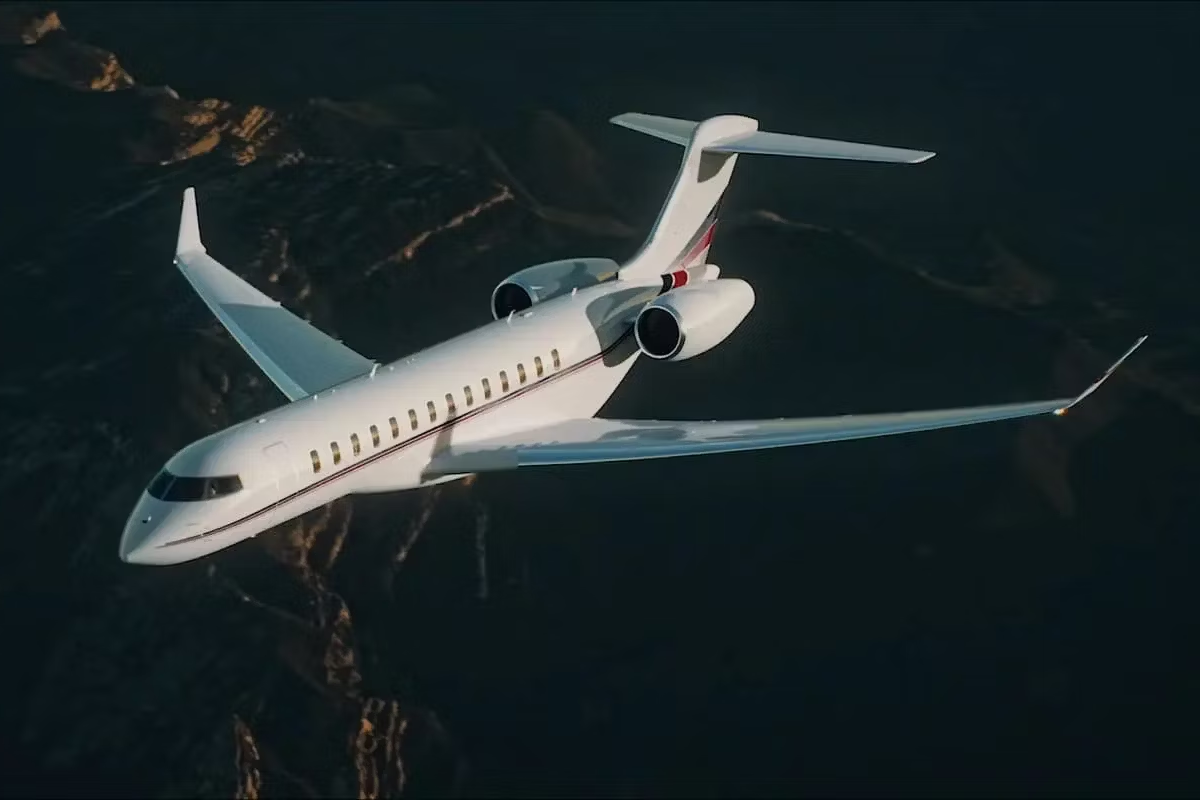
Related
Analysis: How Private Aviation’s Emissions Compare To Other Modes Of Transport
The environmental impact of private jet travel can be over 1000 times more than other travel modes.
Government overregulation
On multiple occasions, IATA and Walsh have pleaded with the European regulators to change their approach and increase their efforts to enable aviation to reduce its emissions, including through aiding the production of sustainable aviation fuel ( SAF
).
On November 21, following the association’s Wings of Change Europe (WOCE) event, IATA issued a statement, reiterating its calls for the industry and governments to collaborate to draw up practical plans to make Europe’s aviation sector more competitive and sustainable.
Walsh stated that Europe’s lawmakers have to understand that “its overregulation” is reducing the continent’s competitiveness on a global level, with the executive calling for a better approach to sustainability.
“Regulators need to understand that taxing people off planes will not reduce CO2. The planes will still fly, but we will be returning to the load factors of 20 or 30 years ago.”
As a result, fewer people will fly, resulting in substantial socio-economic damage without benefitting the environment, Walsh added, asking for “practical action,” like the revival of the single European Sky that could eliminate up to 10% of emissions “overnight.”
Photo: Markus Mainka | Shutterstock
Walsh also called for better incentives to increase SAF production. On December 10, the association published its latest estimates of the alternative fuels’ production levels, noting that these were disappointing.
“SAF volumes are increasing, but disappointingly slowly. Governments are sending mixed signals to oil companies which continue to receive subsidies for their exploration and production of fossil oil and gas.”
According to IATA, in 2024, SAF production volumes reached 1 million tonnes (1.3 billion liters), short of its previous estimate of 1.5 million t (1.9 billion l), noting key SAF producers in the United States had pushed back their production ramp up to the first half of 2025.
“In 2025, SAF production is expected to reach 2.1 million tonnes (2.7 billion liters) or 0.7% of total jet fuel production and 13% of global renewable fuel capacity.”
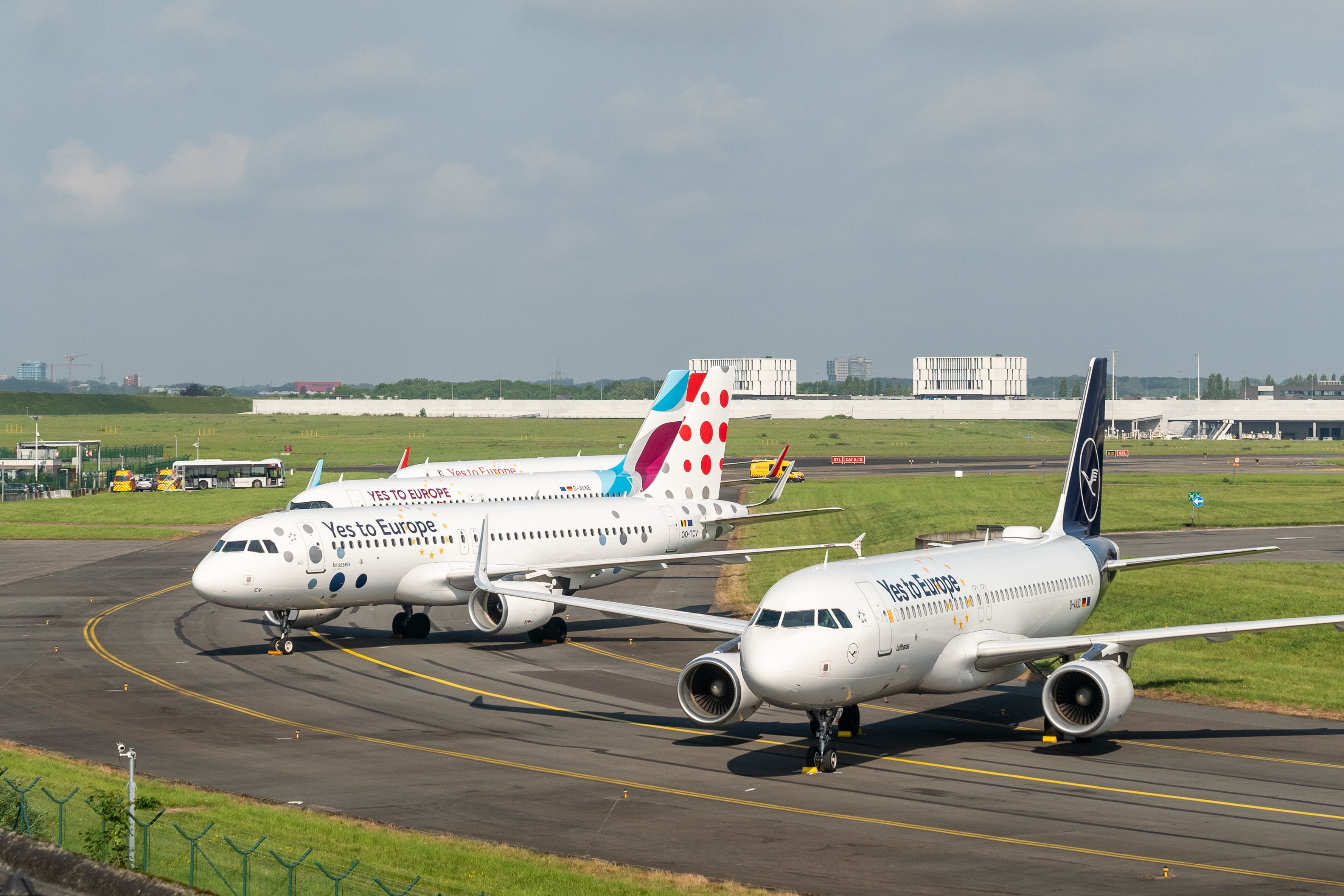
Related
$76 Eco-Charge: Lufthansa Group Airlines Add Fee To Cover EU Sustainability Regulations
The environmental surcharge will range between between €1 ($1.07) and €72 ($76.95), depending on the route and fare.
Emissions labels
On December 18, the EC approved a regulation that would introduce the Flight Emissions Label (FEL), a clear methodology to calculate a flight’s emissions. Airlines operating flights within the EU or departing the Union could voluntarily join the label, which will be fully operational by July 2025.
“Currently, the lack of a common methodology and criteria for estimating flight emissions leads airlines and ticket sellers to report emission levels using disparate methodologies which are not necessarily comparable.”
Photo: Ryanair
The European Union Aviation Safety Agency (EASA) will estimate flight emissions according to the most advanced international standards, allowing for fair, transparent, and harmonized emission estimates, the EC’s statement concluded.
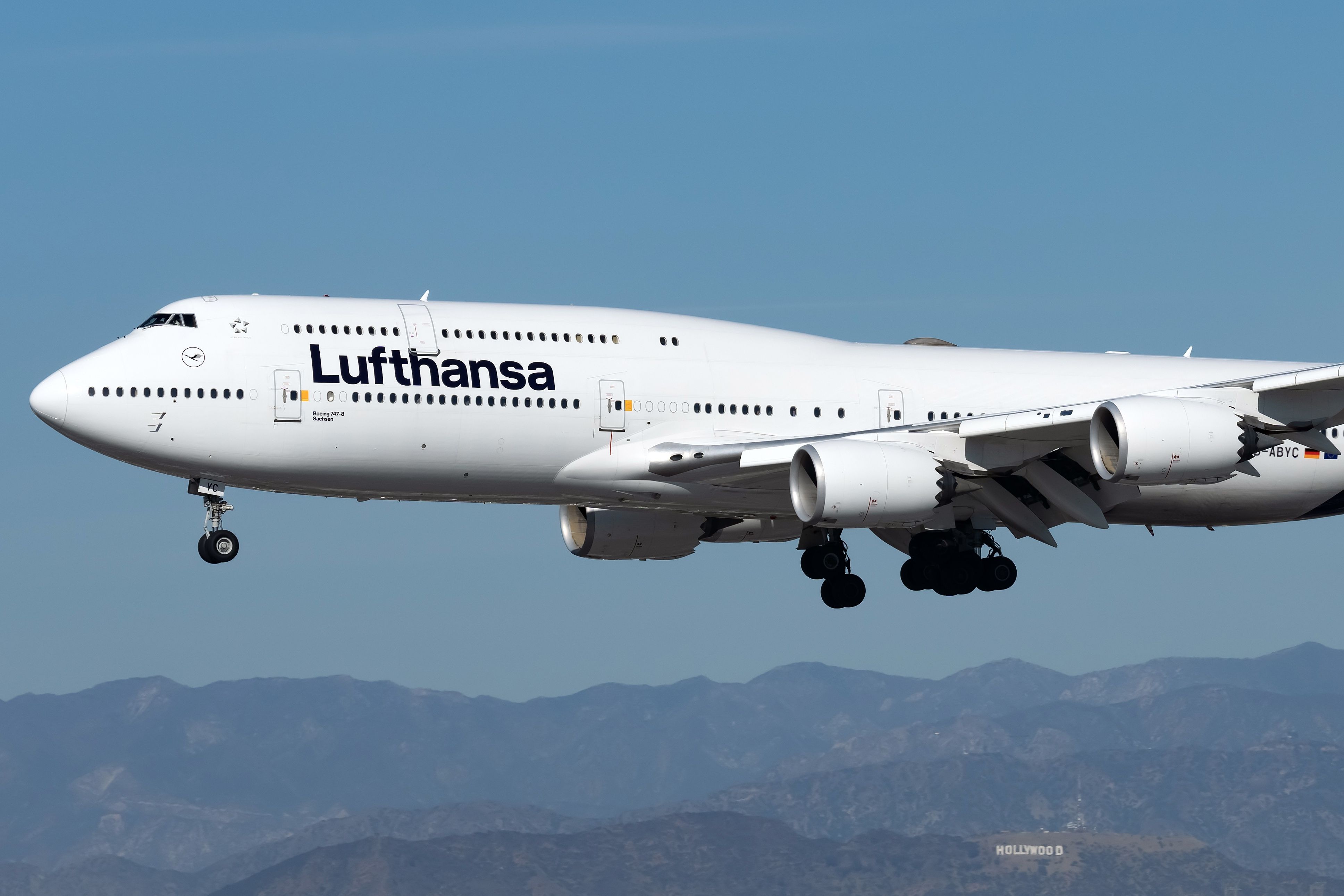
Related
EU Will Exempt Long-Haul Flights From Non-CO2 Emissions Tracking
The IATA has endorsed the exemption, while Europe’s low-cost giants strongly oppose it.

